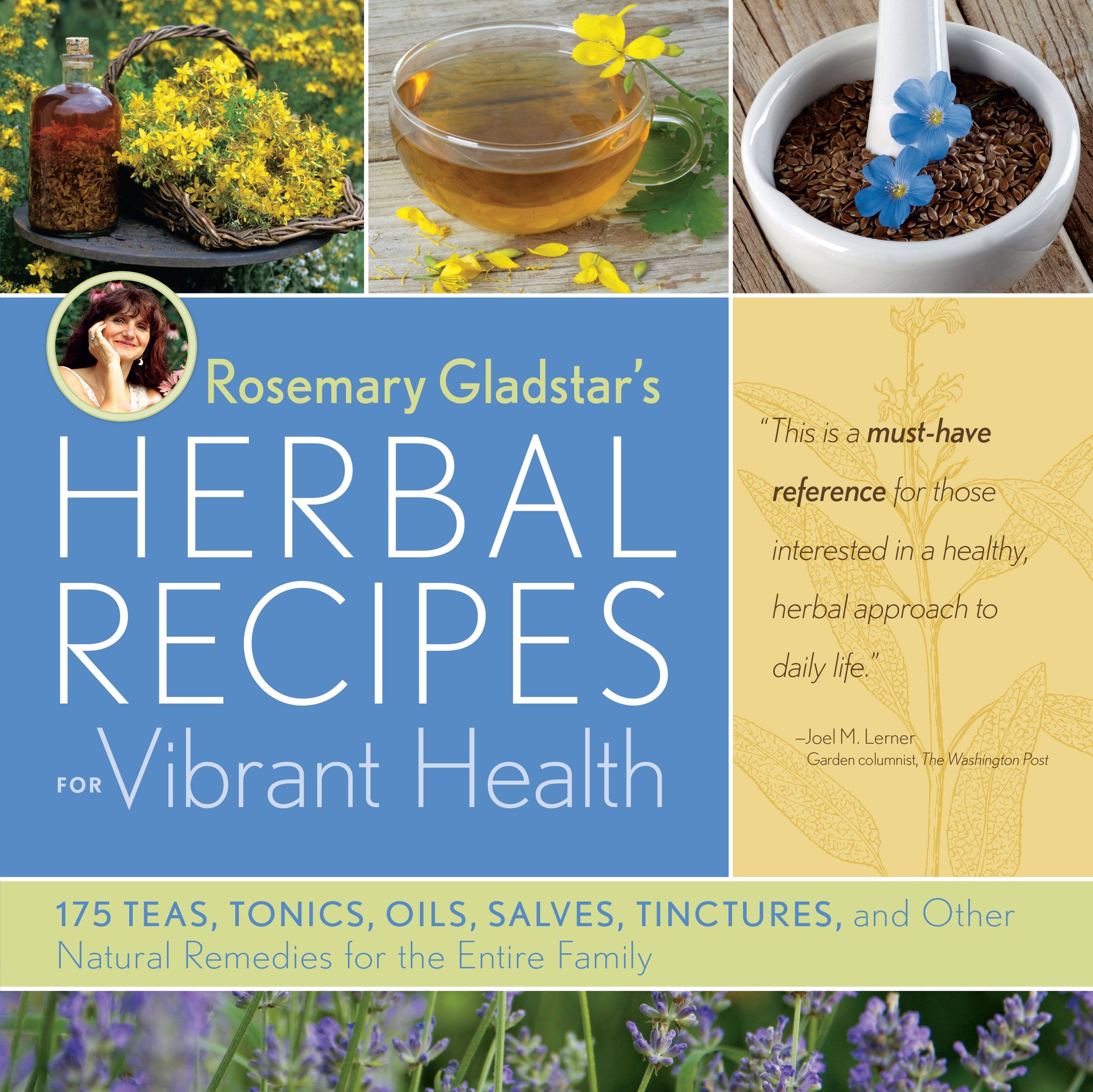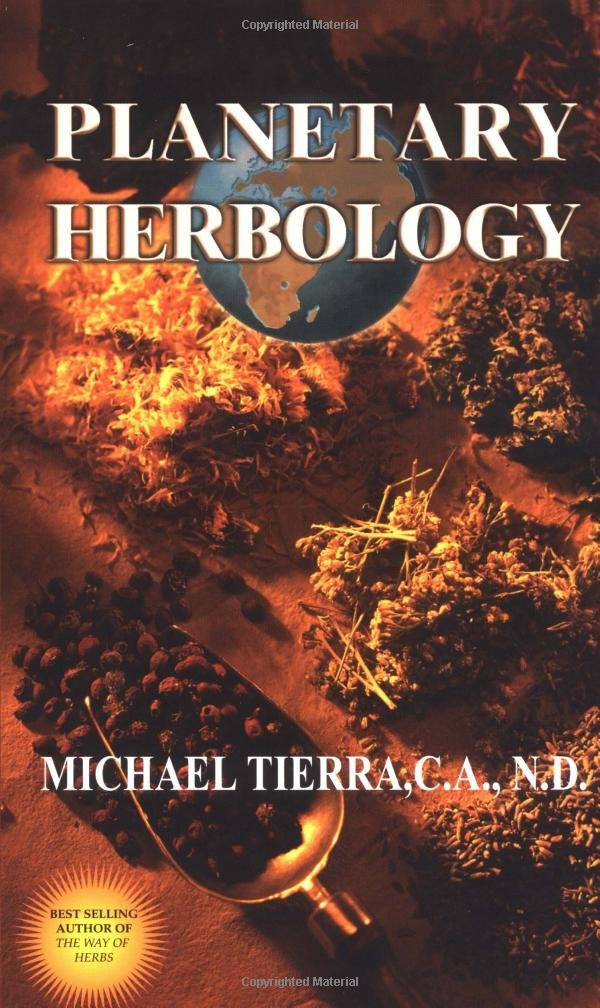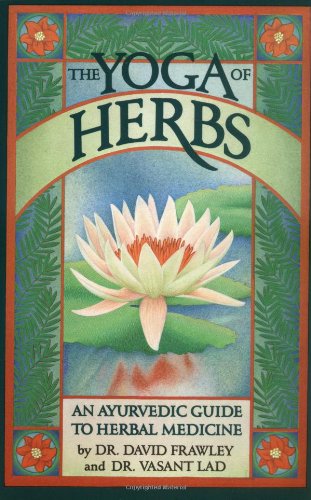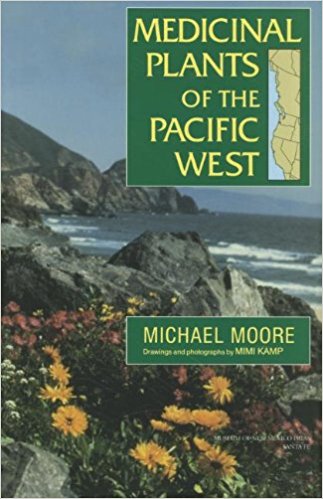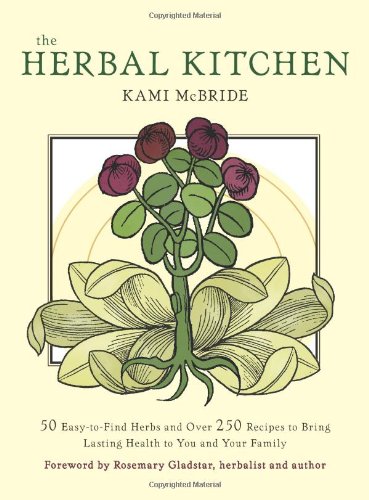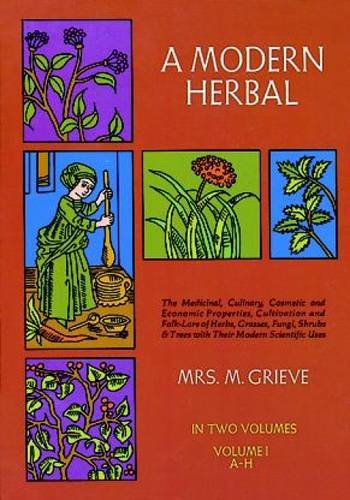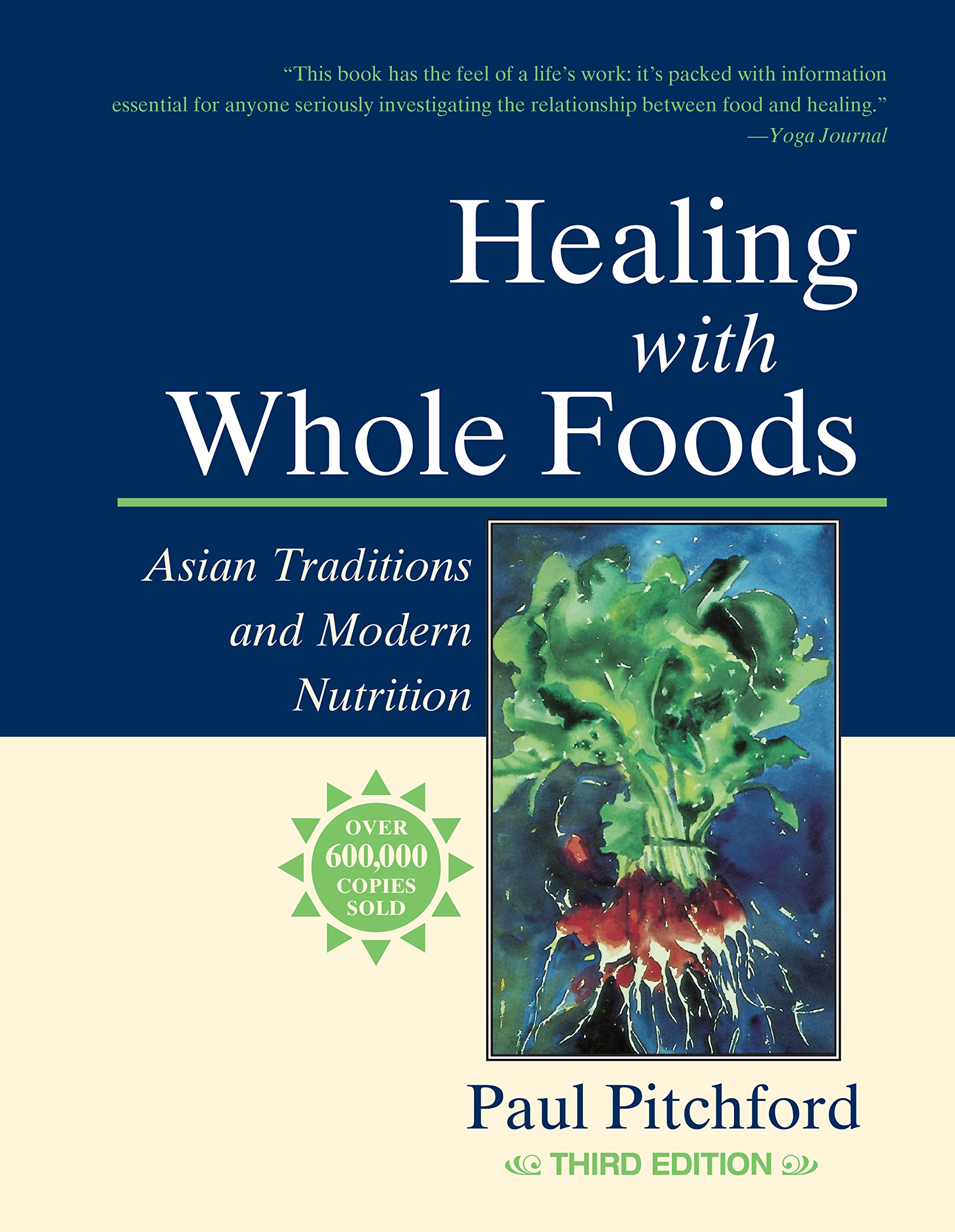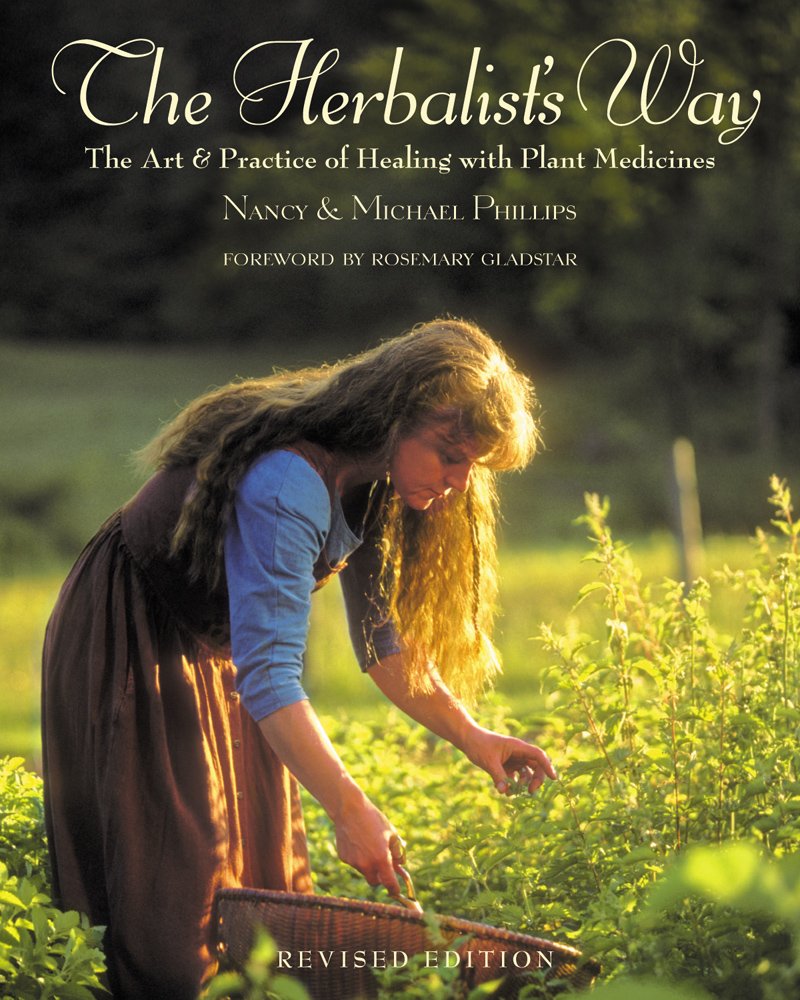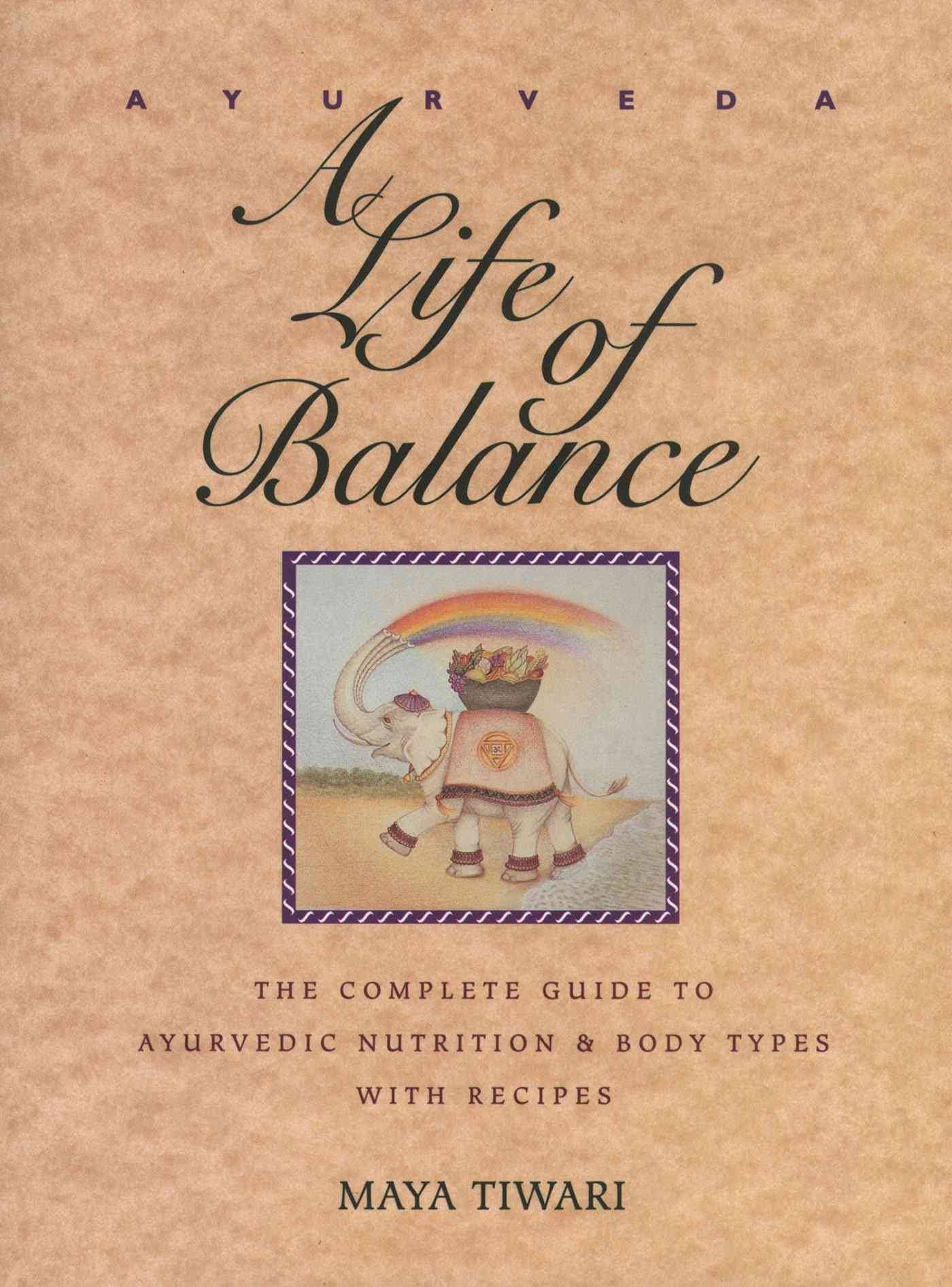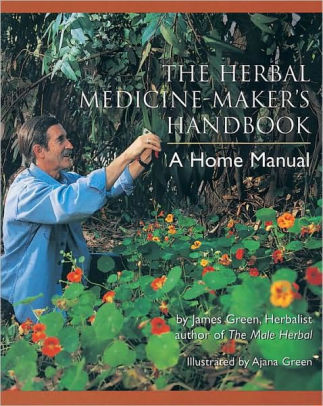10 Herbal Books for the Home Apothecary
One of the most frequently asked questions we get is, "what are your favorite herb books?" For herbalists, books are like gold. A treasure trove of plant wisdom passed along from people who've dedicated their lives to bringing this information to life. When we were living in Florida and first getting into herbalism, so many plants we studied in the Western Herbalism pharmacopeia weren't even growing in our region. We had never even seen many of these plants who's homes were in the Northeast or on the West Coast, so having access to an herbal book was a way to be introduced to the plants before ever getting to "meet" them in person.
I wanted to share the books we use the most frequently to review plant properties, to look up recipes and for inspiration. In my kitchen, most of my herb books are mixed with cookbooks because I'm always reaching for one or the other when gleaning new ideas. A few of the books we love actually have a lot of nutrition and wellness built right in because after all, that's the foundation of healing the herbal way. - Sarah Kate
Herbal Recipes for Vibrant Health | I can't tell you how many people I've gotten this book for. Whether you're deep into herbalism or not, this is a great guide to have in any home for many common aliments. It's full of recipes, plant profiles and weaves together remedies for all stages of life. Rosemary Gladstar has a way of making the plants come to life while sharing the stories of her herbal teachers who shaped so much of Western Herbalism today.
Planetary Herbology | I love how this book looks at herbalism through an elemental lens. Michael Tierra has done us all a favor by combining the energetics of Ayurveda, Chinese Medicine and Western Herbalism. He highlights the diagnostic tools used in these Eastern practices as a way to connect more deeply to the plants we have growing around us here in the states. Unfortunately, a lot of the western energetic methods of diagnosis were lost in the Dark Ages, when many folk healers were being whipped out along with the plant wisdom they held. This is a great guide for those looking to explore the elemental energetics of plants.
The Yoga of Herbs | This book has traveled with me near and far. Its one of those books you can just pick up and dive right into, rather than reading it start to finish, but you can also go that route, too. Dr. Lad + Dr. Frawley created a beautiful overview of how to use herbs in Ayurvedic practice. With a chapter called, "The Manifestation of Consciousness into Plants," you know its going to be a profound read and I've looked at plants very differently after sitting with these concepts. This is a great start for those looking to understand more about Ayurvedic herbs, preparations and understanding the overall elemental theory.
Medicinal Plants of the Pacific West | If you live on the West Coast, you've got to get this book. I've taken this one out camping and hiking when I'm wanting to know more about the green being growing around in a new place. The late Michael Moore is a wealth of plant wisdom and his deep connection to the herbs comes through in everything he writes. If you haven't checked out the SW School of Botanical Medicine's website, take some time to go through it. There are a TON of herbal articles, the kind herb-nerds dream of!
The Herbal Kitchen | Our friend, Kami McBride's book hits right to the heart with an herbal kitchen practice. What I love about Kami (and her book) is how she breathes life into the plants by showing us how we can use them everyday in delicious ways. There are loads of amazing recipes from herbal syrups to herbal ghee. This is a wonderful addition to any witch's kitchen.
A Modern Herbal | Well, this technically isn't just one book, since its has a few volumes listing the herbs alphabetically. This collections aims to combine the folk wisdom of traditional herbal medicine with more modern practices and preparations. Its a really great reference for researching plant properties and folk stories which always help me commit plant personalities to memory.
Healing with Whole Foods | Though this isn't purely an herb book, Paul Pitchfork looks at wellness from an Eastern Medicine lens, with a lot of focus on food + herbs. I love how its basically a textbook but every time I open to a random page, there's a little gem of wisdom and just what I needed to find in that moment. Pitchford's teachings are deep yet vibrant and I've learned a lot about the healing powers of the foods we eat from having this book in my collection. This is perfect for all those herbal cooks out there!
The Herbalist's Way | Emily Ruff introduced us to this book while taking her Community Herbalism program. Its a great guide for those exploring how to share their herbal practice with others. I love how Michael + Nancy Phillips dive into herbal concepts of formulations and the way plants have synergy with each other to create effective medicines. Another classic for the herbal apothecary.
A Life of Balance | This is the OG 90's Ayurvedic cookbook full of recipes, heart felt wisdom and a practical guide to learning about your body type or dosha. Maya Tiwari is one of my favorite authors because so much of what she teach's in centered in her own healing journey. I reference this book a lot when helping clients creating nourishing meals in one-on-one sessions together. If you're interested in more of her story, her book, The Path of Practice is another great read.
The Herbal Medicine-Maker's Handbook | If you're interested in making herbal medicine, this is the go-to reference. James Green opens with this line and it really sets the tone for the book, "Herbal medicine-making is much like dancing; it's easy, it's natural and it's undeniably delightful." This is an in-depth guide to making effective medicines like tinctures, poultices, oil infusions and so much more. I love how James has such a technical perspective but also allows for the medicine making process to be guided by intuition and what the plant is asking of you.



